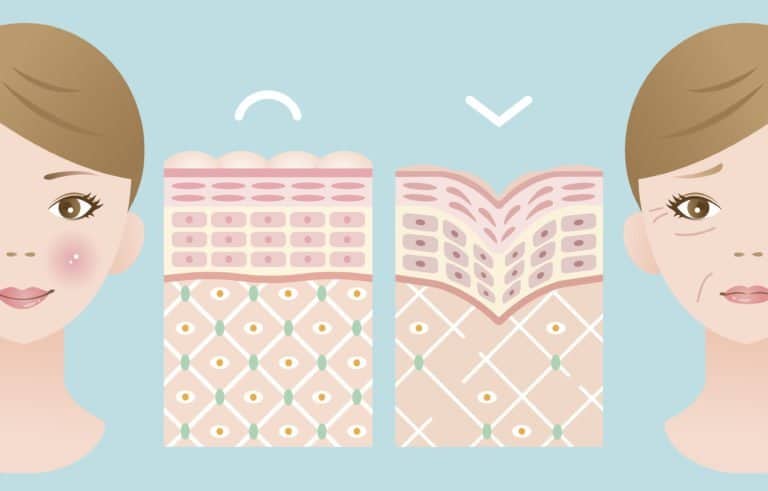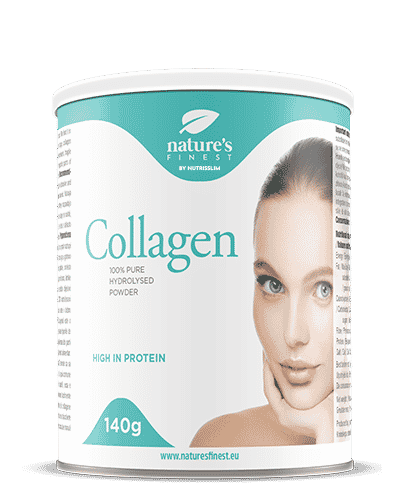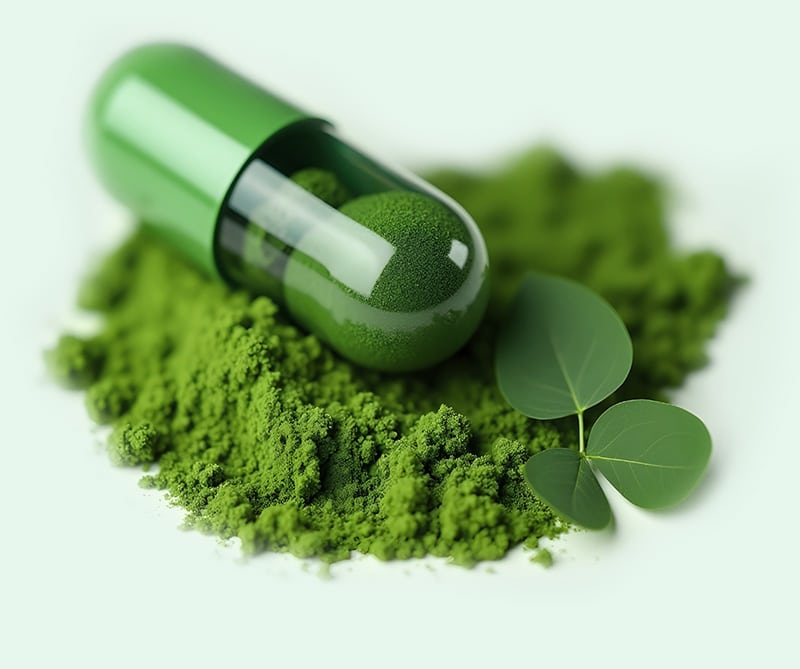Beautiful skin protein
Collagen is the most abundant protein in the body mostly found in skin, joints and bones. Collagen is synthesized in the skin itself, and after the age of 25, its synthesis declines sharply.
Evidence suggests that collagen fibres get damaged over time, which is strongly associated with the occurrence of skin ageing. Visible consequences of the decline: at first skin begins to age, the first wrinkles appear, the nails become thin, and the hair slowly begins to lose its shine.
There are several types of collagen, but the most common ones are type 3, type 2 and type 1, which represents as much as 90% of the collagen in the body.
Type 1 is found in the skin, tendons, bones and artery walls, type 2 is found in cartilage and type 3 in the skin, muscles and blood vessel walls. Collagen is used in food to make gelatine, in medicine for collagen implants and in skincare for anti-ageing skin products.
When using collagen dietary supplements, we must pay attention to the type of collagen and we must consume it together with vitamin C, as it is a co-factor in collagen synthesis.
The recommended daily intake of collagen is between 2,5 – 10 g of collagen per day for 8 – 24 weeks, during which time the appearance of the skin, skin elasticity, and the structure of hair and nails improve.
Summarized by:
F.D. Choi in sod., 2019. Oral collagen supplementation: A systematic review of dermatological applications. Journal of Drugs in Dermatology, 1:18; 9-16.
Rodriguez A.I.M. in sod., 2017. Collagen: A review on its source and potentional cosmetics applications. Journal of Cosmetics Dermatology, 17:1


